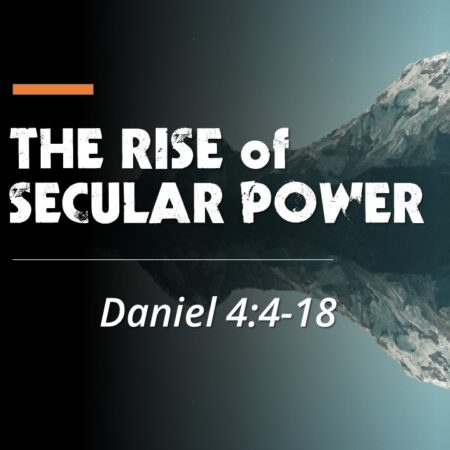In 1933 a group of 34 liberal humanists in the United States defined the philosophical and religious principles that seemed to them FUNDAMENTAL. They drafted humanist manifesto I which for its time was a radical document. It was concerned with expressing a general religious and philosophical outlook that REJECTED ORTHODOX AND DOGMATIC POSITIONS and provided meaning and direction, unity and purpose to HUMAN LIFE. It was committed to REASON, SCIENCE, AND DEMOCRACY.
HUMANIST MANIFESTO I
“The time has come for widespread recognition of the radical changes in religious beliefs throughout the modern world. The time is past for mere revision of traditional attitudes. Science and economic change have disrupted the old beliefs. Religions around the world labor with the task of coming to terms with new conditions created by a vastly increased knowledge and experience. In every field of human activity, the vital movement is now in the direction of a candid and explicit humanism. In order that religious humanism may be better understood we, the undersigned, desire to make certain affirmations which we believe the facts of our contemporary life demonstrate.”
“Today, man’s larger understanding of the universe, his scientific achievements, and his deeper appreciation of brotherhood, have created a situation which requires a new statement of the means and purposes of religion. Such a vital, fearless, and frank religion capable of furnishing adequate social goals and personal satisfaction my appear to many people as a complete break with the past. While this age does owe a vast debt to traditional religions, it is none the less obvious that any religion that can hope to be a synthesizing and dynamic force for today MUST BE SHAPED FOR THE NEEDS OF THIS AGE. To establish such a religion is a major necessity of the present. It is a responsibility which rests upon this generation. We therefore affirm the following:”
“The humanists are firmly convinced that existing acquisitive and profit-motivated society has shown itself to be inadequate and that a radical change in methods, controls, and motives must be instituted. A socialized and cooperative economic order must be established to the end that the equitable distribution of the means of life be possible. The goal of humanism is a free and universal society in which people voluntarily and intelligently cooperate for the common good. Humanists demand a shared life in a shared world.”
Paul Kurtz and Edwin H. Wilson wrote the preface to the manifesto II:
“As we approach the twenty first century an affirmative and hopeful vision is needed. Faith, commensurate with advancing knowledge, is also necessary. In the choice between despair and hope, humanists respond in this Humanist Manifesto II with a positive declaration for times of uncertainty.
As in 1933, humanists still believe that traditional theism, especially faith in the prayer-hearing God, assumed to love and care for persons, to hear and understand their prayers, and to be able to do something about them, is an UNPROVEN AND OUTMODED FAITH. Salvationism, based on mere affirmation, still appears as harmful, diverting people with false hopes of heaven hereafter; REASONABLE MINDS LOOK TO OTHER MEANS FOR SURVIVAL.”
Among the revised principles of Humanist Manifesto II, you find statements like this:
• “We find insufficient evidence for belief in the existence of the supernatural.”
• “Promises of immortal salvation or fear of eternal damnation are both illusory and harmful.
• “Modern science discredits such historic concepts as the ‘ghost in the machine’ and the ‘separable soul’.”
• Humane societies should evaluate economic systems not by rhetoric or ideology, but by whether or not they increase economic wellbeing for all individuals and groups, minimize poverty and hardship, increase the sum of human satisfaction, and enhance the quality of life.”
It even gets better: Principles 12-17 illustrate humanism’s missionary zeal. It is bent upon the creation of a global society.
“We deplore the division of humankind on nationalist grounds. We have reached a turning point in human history where the best option is to transcend the limits of national sovereignty and to move toward the building of a world community in which all sectors of the human family can participate.
The problems with economic growth and development can no longer be resolved by one nation alone; they are worldwide in scope. It is the moral obligation of the developed nations to provide – through an international authority that safeguards human rights – massive technical, agricultural, medical, and economic assistance, including birth control techniques, to the developing portions of the globe.
World poverty must cease. Hence extreme disproportions in wealth, income, and economic growth should be reduced on a worldwide basis.”

